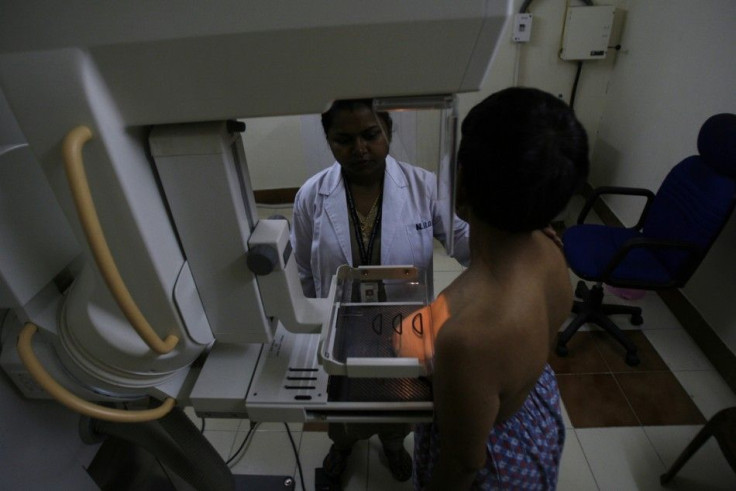With Gold Nanos, Scientists Inch Closer to Cancer Treatment

Well, the treatment for cancer is nearing, if the latest findings from University of Southampton have to be believed.
Scientists at the University of Southampton have developed smart gold nanomaterials, which can disrupt the blood supply to cancerous tumors.
The team of researchers showed that a small dose of gold nanoparticles can activate or inhibit genes that are involved in angiogenesis - a complex process responsible for the supply of oxygen and nutrients to most types of cancer.
The peptide-functionalized gold nanoparticles that we synthesised are very effective in the deliberate activation or inhibition of angiogenic genes, said Physicist Antonios Kanaras in a statement.
The team also controlled the degree of damage to the endothelial cells using laser illumination. Endothelial cells construct the interior of blood vessels and play a pivotal role in angiogenesis.
The researchers also found that the gold particles could be used as effective tools in cellular nanosurgery.
Kanaras adds: We have found that gold nanoparticles can have a dual role in cellular manipulation. Applying laser irradiation, we can use the nanoparticles either to destroy endothelial cells, as a measure to cut the blood supply to tumours, or to deliberately open up the cellular membrane in order to deliver a drug efficiently.
Cancer is a group of diseases characterized by uncontrolled growth and spread of abnormal cells. If the spread is not controlled, it can result in death. Cancer is caused by both external factors (tobacco, infectious organisms, chemicals, and radiation) and internal factors (inherited mutations, hormones, immune conditions, and mutations that occur from metabolism).
These causal factors may act together or in sequence to initiate or promote carcinogenesis. Ten or more years often pass between exposure to external factors and detectable cancer. Cancer is treated with surgery, radiation, chemotherapy, hormone therapy, biological therapy, and targeted therapy, according to American Cancer Society, a voluntary health organization.
The organization says cancer is the second most common cause of death in the US, exceeded only by heart disease. In the US, cancer accounts for nearly 1 of every 4 deaths.
In 2011, about 1,596,670 new cancer cases are expected to be diagnosed and about 571,950 Americans are expected to die of cancer, more than 1,500 people a day, according to the American Cancer Society.
The National Institutes of Health estimates overall costs of cancer in 2010 at $263.8 billion: $102.8 billion for direct medical costs (total of all health expenditures); $20.9 billion for indirect morbidity costs (cost of lost productivity due to illness); and $140.1 billion for indirect mortality costs (cost of lost productivity due to premature death).
© Copyright IBTimes 2024. All rights reserved.





















